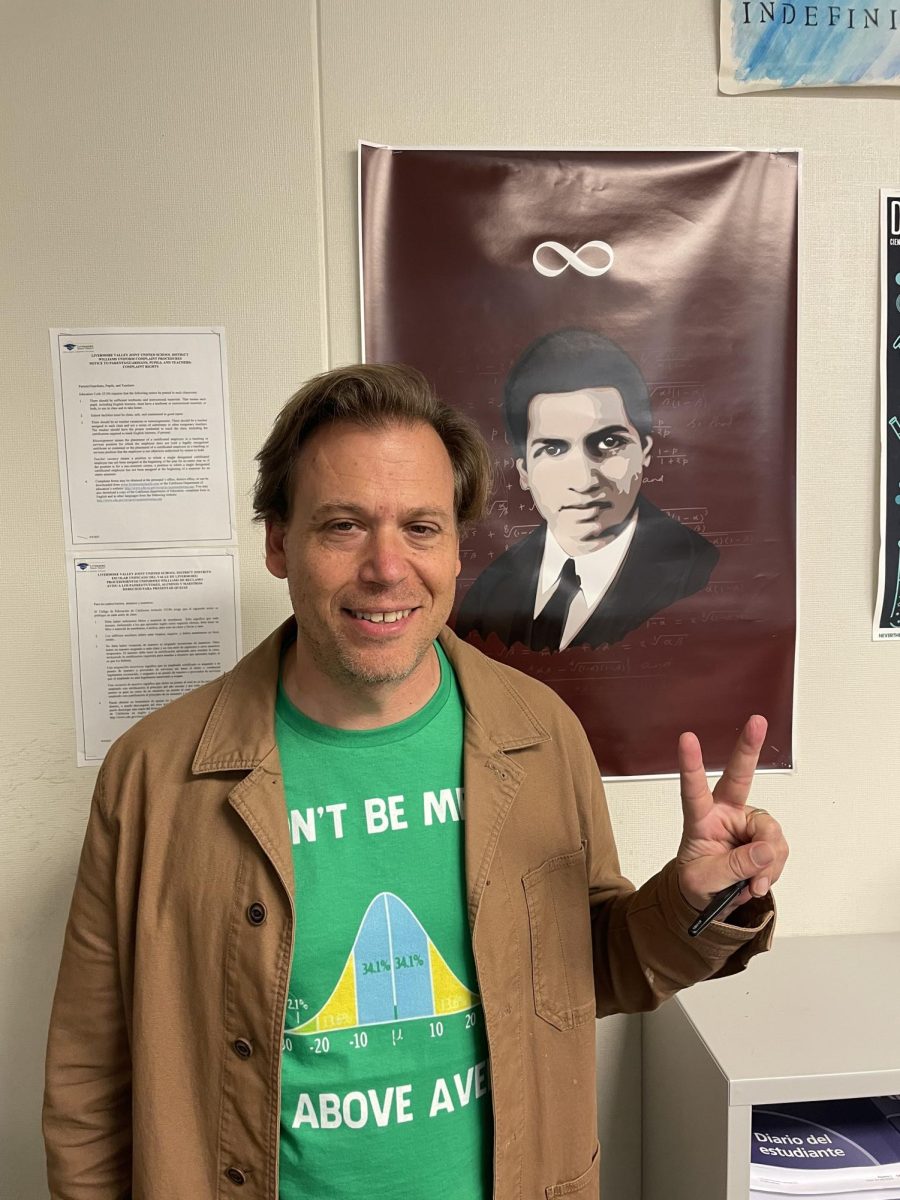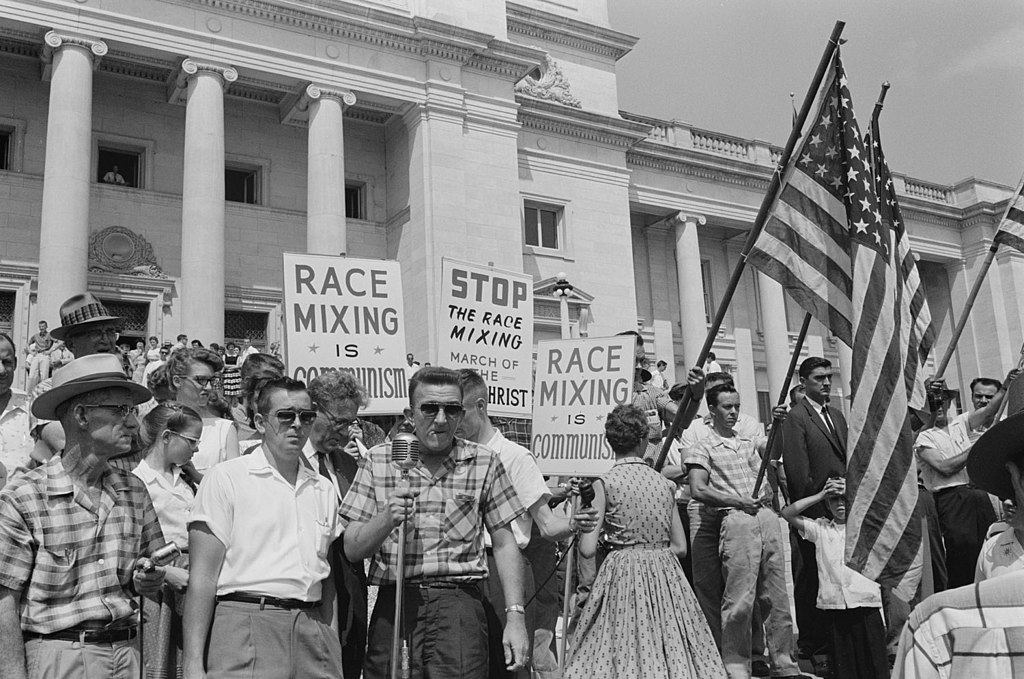In the spring of 1963, the Topeka school board wrote a letter to black elementary school teachers informing them of an unfortunate reality: if the Supreme Court ruled in favor of integration, they would lose their jobs.
One year later, the courts decided on a unanimous vote to overturn the “separate but equal” doctrine of the 1896 Plessy v. Ferguson case in the landmark decision known as Brown v. Board of Education. Henceforth, segregation would be illegal and unconstitutional in American public schools, one of the early steps that helped pave the path for Civil Rights activists to continue the fight for racial equality. Today, 70 years since it was ruled, Brown v. Board of Education is celebrated as one of the most positively influential Supreme Court decisions in all of American history.
However, there was a historically significant yet often overlooked impact of Brown that history books rarely seem to cover: the dismissal, demotion, or forced resignation of the many highly experienced and qualified black teachers who had been teaching at all-black schools— an unintentional effect that went against the very spirit of Brown.
Prior to Brown, black principals and teachers made up 35 to 50 percent of the educator workforce in those 17 states. Most black students had black teachers and most white students had white teachers. However, with the merging of these students in their formerly-segregated schools, many white parents complained that black teachers were teaching their children.
The conservative outrage induced by Brown led to hundreds of protests against integration, such as the famous Norman Rockwell painting of a six-year-old Ruby Bridges being walked to school by U.S. Marshalls with tomatoes thrown at her head and slurs on the wall behind her.
Segregationists waged a war known as “massive resistance” to keep their black-and-white ideals. And in the end, their battle spoils was the mass exodus of black teachers and principals.
Between 1960 and 1972, during the transition to integrated education, there was a 41.7 percent reduction in Black teacher employment. Schools in the 17 states with segregated school systems fired more than 38,000 black principals and teachers. And even today, no state even comes close to the percentage of black educators there were before Brown.
The effect of this purge was so pervasive that Congress convened to address it in the U.S. Senate Special Committee on Education in 1971, where evidence was presented proving the displacement of black educators in favor of less qualified whites. Despite recognizing the devastating impacts of these firings, the government eventually did not implement policy reform and favored actions by organizations like the NAACP’s Teacher Information and Security Department to defend black teachers against illegal firings.
Not only was there a massive economic loss for black communities, creating a generational discrepancy between highly educated black teachers and the ability for them to make a living, but there was also a massive cultural loss. The ability to pursue education is empowerment. The following generation of black students now lacked black authority figures to look up to, which disproportionately undermined black students. And in newly integrated academic environments that still stewed with racial discrimination, vulnerable black students were much more likely to think that education was not for them.
And why does this still matter 70 years later? Because the American public school system today is formed on a foundation that was deprived of those Black educators. Those educators lost their jobs and subsequently their voices. A generation of qualified, knowledgeable African Americans lost the platform on which they could take a stand on educational policy.
Rather than integrating students of all skin colors harmoniously, Brown v. Board of Education had the unintentional effect of promoting white academic leadership and relegating black students to formerly all-white schools. White resistance to the law of the land decimated a generation of black educators. Brown v. Board of Education certainly did not intend to cause a purge on black excellence, but was exactly what that ended up happening.





























